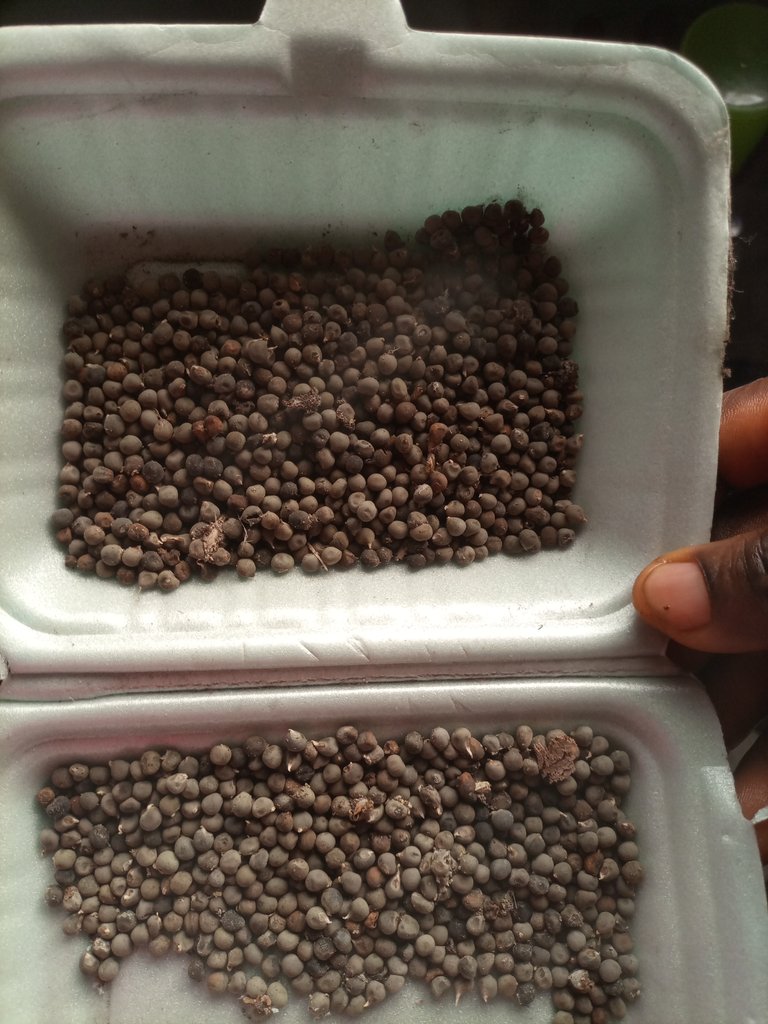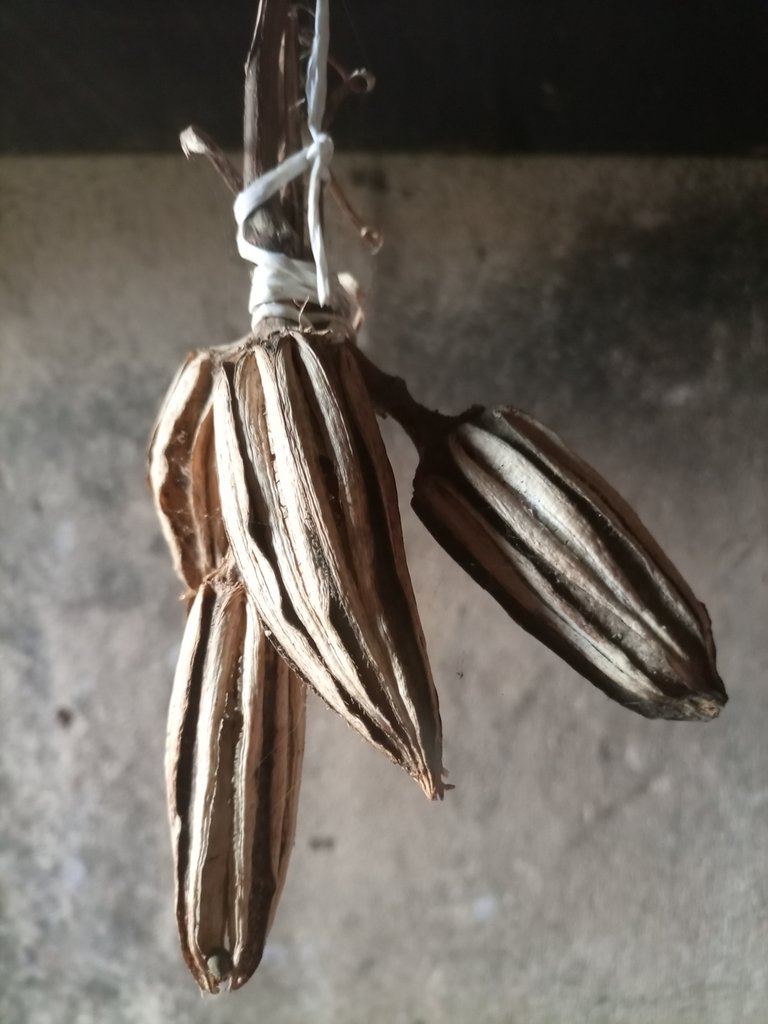Good evening my great people of hive community, I believe we all had a great day. I am back this evening to write on how to plant Okra and the health benefits of eating okra. A lot of people enjoy eating okra but they don't know how to plant it or even the health benefits, but keep calm and read to the end so as to grab this knowledge also.

Okra, scientifically known as Abelmoschus esculentus, is a warm-season vegetable that not only delights the taste buds but also offers numerous health benefits. Cultivating okra in your garden is a rewarding experience, providing you with a fresh and nutritious addition to your meals. Let's delve into the process of planting okra and explore the many health benefits associated with this versatile vegetable.
Planting Okra: Step-by-Step Guide
1. Choosing the Right Location:
- Okra thrives in full sunlight, so select a location in your garden that receives at least 6 to 8 hours of direct sunlight per day.
- Ensure the soil is well-drained and rich in organic matter.

2. Selecting Okra Seeds:
- Opt for high-quality okra seeds from a reputable source.
- Consider varieties suitable for your climate, as some types are more heat-tolerant than others.
3. Germination:
- Start seeds indoors 4-6 weeks before the last expected frost or sow directly into the garden after the danger of frost has passed.
- Plant seeds about 1 inch deep and 2-3 inches apart.
4. Transplanting:
- When seedlings are about 3 inches tall, transplant them into the garden, spacing them 12-18 inches apart.
5. Watering and Fertilizing:
- Keep the soil consistently moist but not waterlogged.
- Fertilize with a balanced, all-purpose fertilizer every 4-6 weeks.

6. Maintenance:
- Mulch around plants to retain moisture and suppress weeds.
- Stake taller varieties to provide support.
7. Harvesting:
- Okra pods are ready to harvest when they are 2-4 inches long.
- Harvest every 2-3 days to encourage continuous production.
Health Benefits of Okra: A Nutrient Powerhouse
1. Rich in Nutrients:
- Okra is a good source of vitamins A and C, as well as folate and magnesium.
2. High in Fiber:
- The soluble fiber in okra aids digestion and helps maintain a healthy digestive system.
3. Supports Heart Health:
- Okra contains potassium, which is essential for maintaining a healthy heart and regulating blood pressure.
4. Diabetes Management:
- The soluble fiber in okra helps regulate blood sugar levels, making it a valuable addition to a diabetic-friendly diet.
5. Anti-Inflammatory Properties:
- Okra is rich in antioxidants that help reduce inflammation in the body.
6. Boosts Immunity:
- The vitamins and antioxidants in okra contribute to a strengthened immune system.
7. Weight Management:
- The low calorie and high fiber content of okra make it a great choice for those looking to manage their weight.
In conclusion, planting okra in your garden not only brings a tasty and versatile vegetable to your table but also contributes to a healthy lifestyle. By following these simple steps for cultivation and enjoying the health benefits of this nutrient-packed vegetable, you can enhance your overall well-being while savoring the flavors of homegrown produce.
Thanks for stopping by to read my article, I believe you enjoyed it.
@tipu curate
Upvoted 👌 (Mana: 43/53) Liquid rewards.
Thanks so much
Thanks so much sir